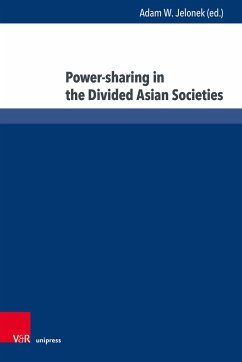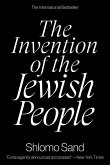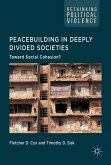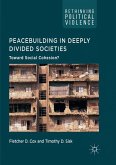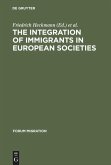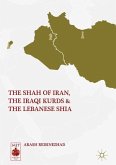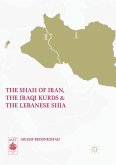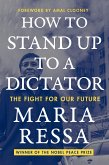Many countries in Asia are inhabited by multi-segment societies diversified in terms of race, religion, language and economic status. They have repeatedly provided the basis for analysis of the search for consensus in the construction of a political scene that would ensure the participation in power of each group. Regardless of the chosen model, the distribution of power in multi-segment societies has always been characterized by a state of "unstable equilibrium". Practical solutions constantly evolved between consociationalism, centripetalism, federalism. In extreme cases they led to political disintegration of states or to permanent domination of one of the segments, most often based on authoritarian solutions. In this volume, a group of scholars specializing in countries of the region try to point out the dynamics of the "unstable equilibrium" of power sharing in particular Asian countries and analyze the trends occurring in them in the 21st century.

